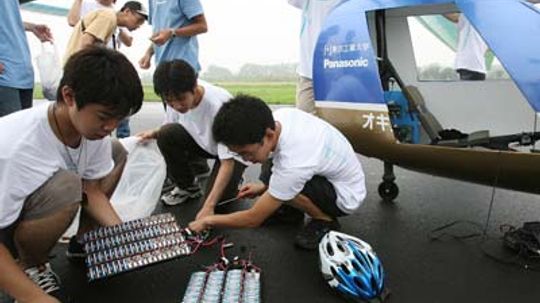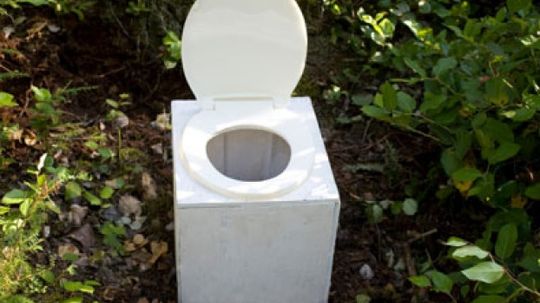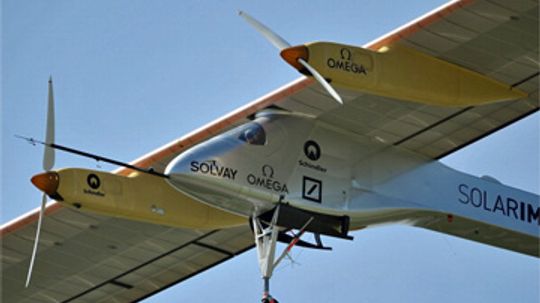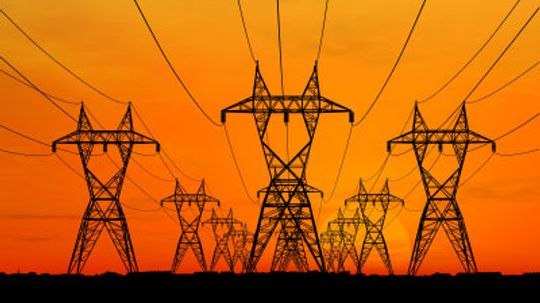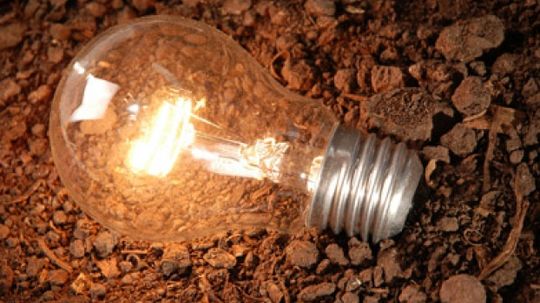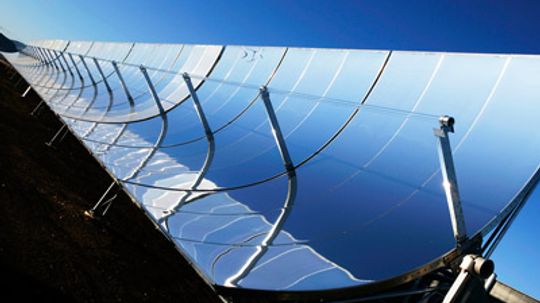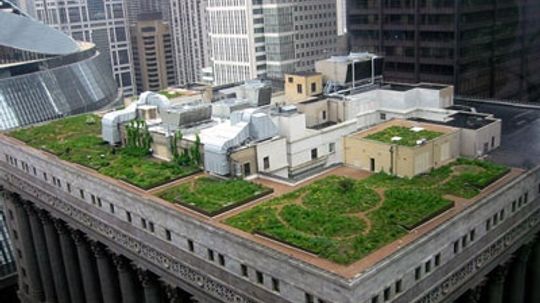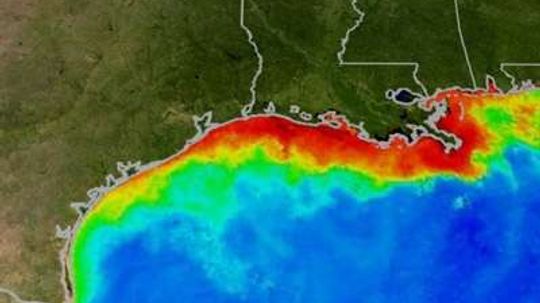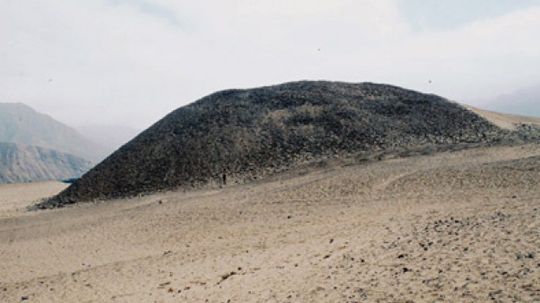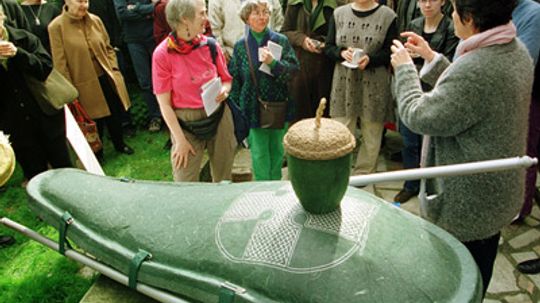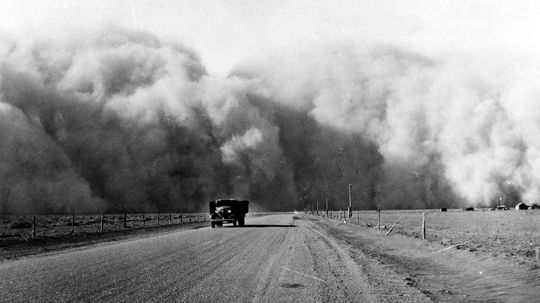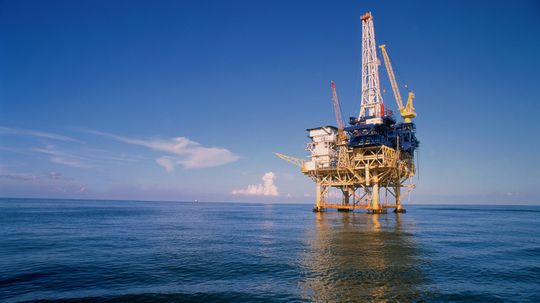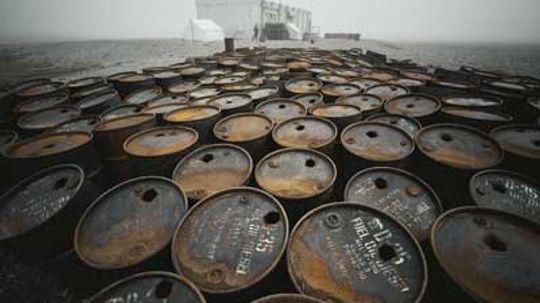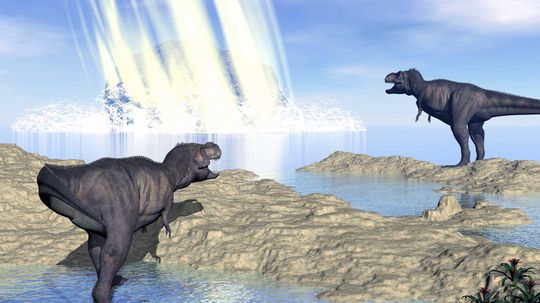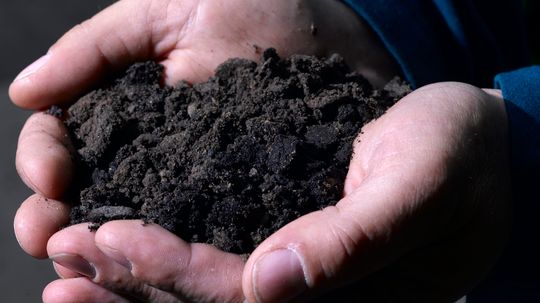Environmental Science
The environment is truly a thing of beauty and should be protected whenever possible. What can we do to save the environment, and what new technology is available to help us?
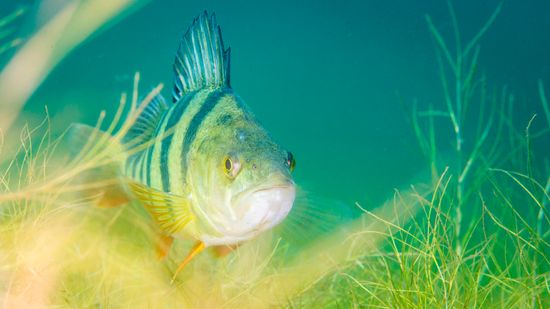
The Fish Doorbell Isn't a Joke ... Seriously
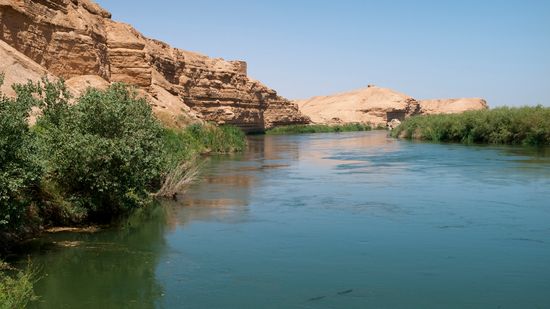
The Euphrates River, at the 'Cradle of Civilization,' Is Drying Up
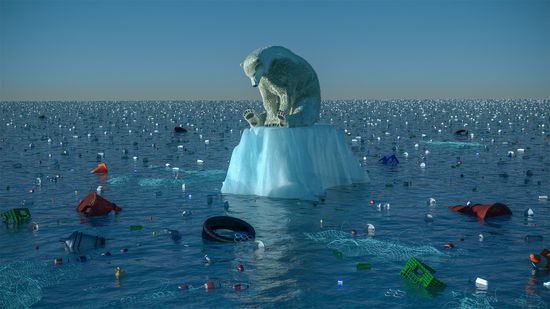
Study Says 2035 Is Climate Change Point of No Return
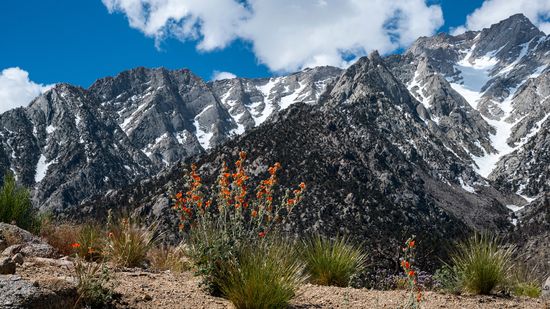
What State Has the Most Mountains in the U.S.? 8 Peak Records
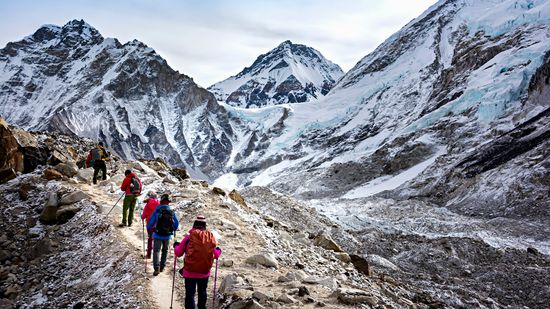
The Most Dangerous Mountain to Climb (and 14 Giving Steep Competition)
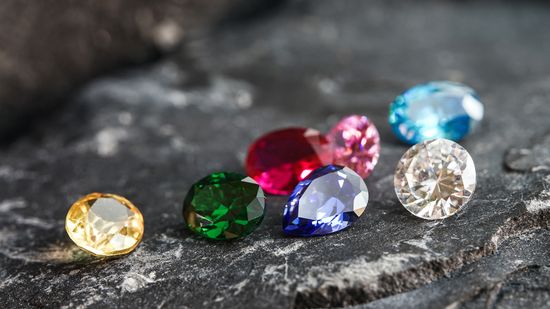
15 Types of Gemstones to Add a Little Sparkle to Your Life
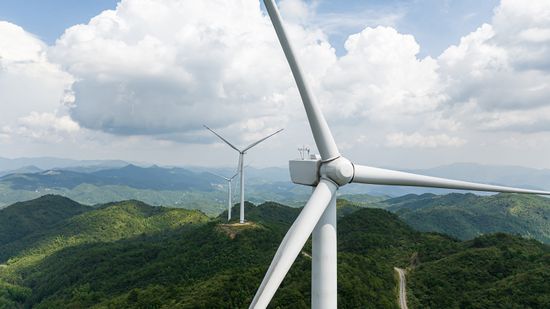
How Many Birds Are Killed by Wind Turbines, Really?

How a Lithium Mine Works and Impacts Local Communities
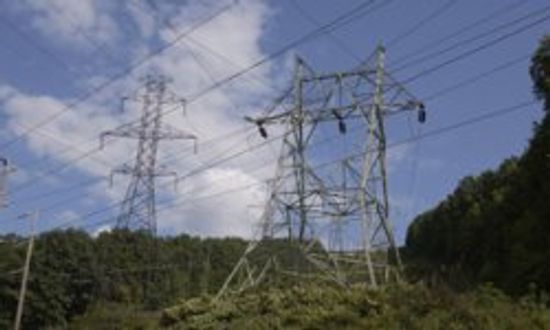
How to Sell Electricity Back to the Grid
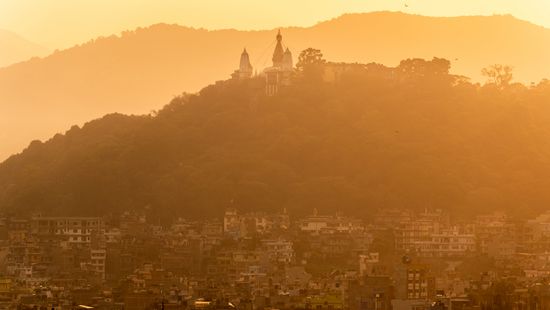
The Worst Air Quality in the World Is in Mountainous Terrain

The World Hits 8 Billion People; Is That Good or Bad?

Quiz: Can You Tell Climate Change Fact From Fiction?
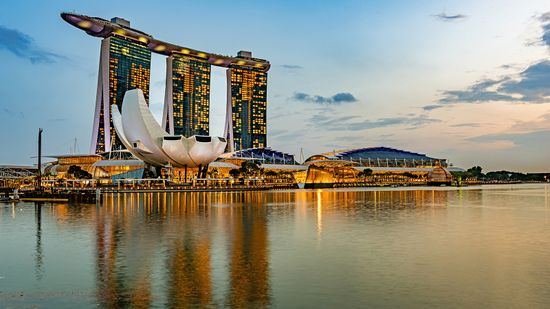
6 Most Futuristic Cities Powered by Renewable Energy
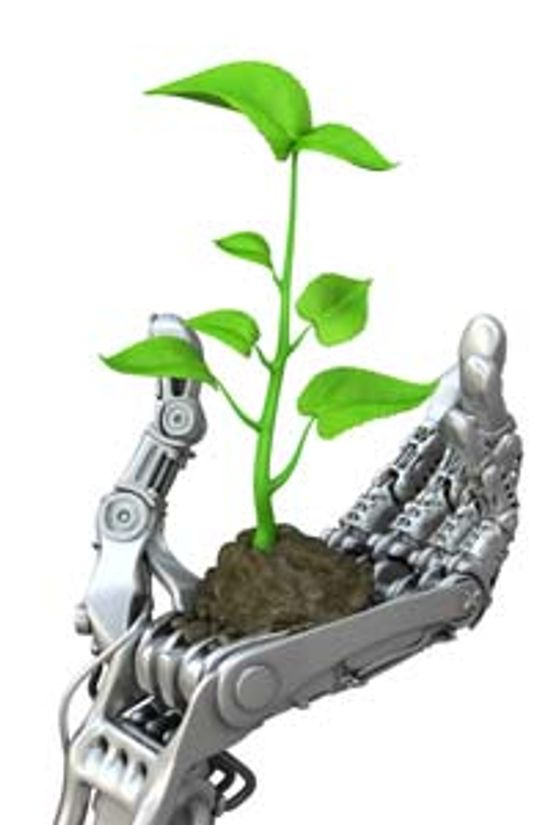
Top 5 Green Robots
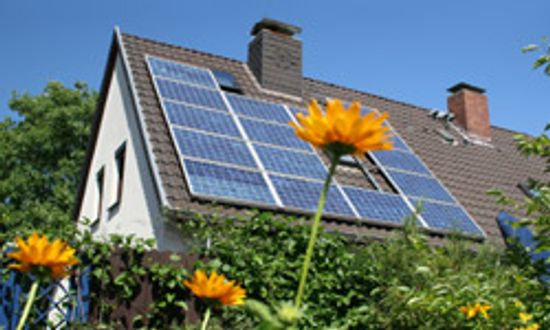
5 Things to Consider When Building a Solar-powered Home
Learn More / Page 10
Imagine finishing off a nice cup of morning coffee and then, instead of throwing the grounds into the trash, pouring them into a cartridge where they become printer ink.
LED light bulbs have taken over the market. But what are their pros and cons?
While you shouldn't expect to find a "flying electric" option at the airport anytime soon, electrically powered aircraft not only exist, but the technology continues to evolve at an encouraging rate.
By Robert Lamb
Advertisement
Ever wish the lawn would just mow itself? Well, the Husqvarna Automower is about as close as you'll get to that dream -- with the added bonus of using the sun for power.
The Earth is incredibly heavy. How do scientists determine the weight of the Earth?
By HowStuffWorks
From toothbrushes to iPhones, we fill our lives with a seemingly unending string of gizmos -- all of which depend on electricity to give us what we need to make it through the day. What if you could generate that power?
By Robert Lamb
The world flushes up to 20 percent of its drinking water down various drains. That's a lot of water going to waste. Waterless toilets could squelch the squandering.
Advertisement
Solar energy is abundant and infinitely renewable. Therefore, it's not surprising to see the proliferation of devices that rely on the sun -- especially solar aircraft.
The Northeast Blackout of 2003 left millions without power and cost approximately $6 billion. Experts believe we can avoid future blackouts by storing energy along the U.S. electric grid.
Did you ever make a potato clock as a kid? If so, you already understand the basic principles that make a soil lamp work.
By Julia Layton
There are two main ways of generating energy from the sun. But one -- solar thermal technology -- is really poised to take off as a clean, reliable form of alternative energy.
Advertisement
A 10-minute shower can seem like nothing on a cold, sleepy morning, but it might cost you 50 gallons of water (or more). Is there a way to limit the volume of water you use?
By Julia Layton
Green roofs, long popular in Europe, are making their way into the United States. Find out what a green roof is and how it can solve some problems conventional roofs have.
By Sarah Dowdey
The dead zone, caused by massive amounts of algae growth, is a vast area off the Gulf of Mexico that is deadly to marine life. How is human activity making the dead zone worse?
For more than 40 years, scientists have tried to figure out what's causing large parts of Canada to be "missing" gravity. The force of gravity around Hudson Bay is lower than surrounding areas. Learn about two theories that may explain the phenomenon.
Advertisement
Vertical farming is a method of large-scale farming in an urban environment. Learn about the benefits of a vertical farm and vertical farming technology.
It may look like a wasteland now, but a mysterious mound-building civilization once called Peru's arid valleys home. Did a shift in climate drive them to settle -- and eventually disappear?
By Julia Layton
Ashes to ashes, dust to dust -- unless of course you've been embalmed, buried in a steel and hardwood coffin and interred in a concrete vault. For some people, the luxurious excess that accompanies traditional burial is no longer appealing.
What if the land you relied upon simply blew away? In the 1930s, poor stewardship and crushing drought created black blizzards and an internal American exodus known as the Dust Bowl.
Advertisement
Electrifying dance moves might impress your friends, but they usually don't help power the club you're dancing in. What's piezoelectricity, and how could it help twist the future of energy generation?
Drilling down thousands of feet in lightless ocean depths and transporting that oil to the surface without spilling it isn't exactly easy. Did we mention the rough seas?
By Robert Lamb & Desiree Bowie
Laws, treaties and the limits of human technology have kept some petroleum reserves just beyond the reach of oil companies. So where are they dying to drill?
By Robert Lamb
Researchers think the Chicxulub crater was caused by the massive asteroid that also killed off the dinosaurs 66 million years ago. What else do we know about this peak-ring crater?
By Mark Mancini
Advertisement
As high-yield oil supplies become harder to find, energy companies are turning to oil sands: mixtures of bitumen, sand and water. How do you extract oil from mucky, viscous soil?
Haunted by ideas of your body polluting the Earth after you're gone? Microbial fuel cell technology could allow you to harness the energy of your own decomposition to power batteries.


